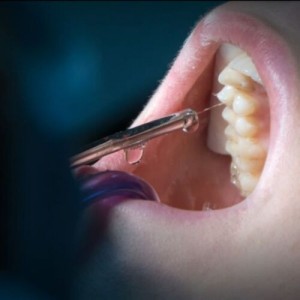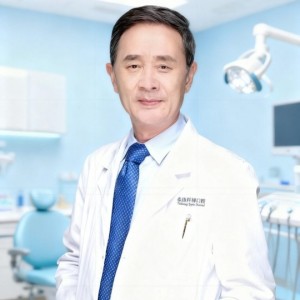
In Europe, the incidence of diseases of the oral cavity is increasing
By Valentina Viganò, University of Milan
Oral health is an essential part of a person’s health. In fact, essential functions take place in the oral cavity such as speaking, communicating, feeding, breathing and smiling.
Problems of the oral cavity can affect the quality-of-life for people of all ages, especially among children. They can create problems relating to the presence of untreated caries, which interfere with nutrition and consequently with growth.
In some countries, in fact, hospitalizations of children are often due to the presence of uncooperative patients who need general anesthesia to treat destructive caries. As far as adults are concerned, however, the presence of severe caries causes pain that affects the quality of life with possible absenteeism from work and tooth loss if not treated.
According to the “Global Oral Health Status Report” released in late 2022 by the World Health Organization (WHO), there is compelling evidence that oral diseases often affect disadvantaged groups of people, such as people with economic difficulties, elderly, people with disabilities, refugees or those living in rural areas or in prisons.
Officials from the European division of the WHO have also recently said that diseases of the oral cavity are showing an increase in the incidence in more than half of adults compared to 2019. Among the main diseases of the oral cavity are caries, tooth loss and an increase in the incidence of oral cavity cancer.
This higher prevalence has led EU member states to increase access to safe oral health, to achieve a general strengthening of health coverage globally.
To implement this, it is necessary to allow a more affordable approach to health services with more accessible costs for patients. In fact, private sector healthcare companies largely conduct oral health services, with much higher costs than the same services in public facilities, where governments cover only a part of the necessary expenses for the patient.
The recommendation expressed in the report is to address inequalities both economically and organizationally and to direct resources to where they are most needed, encouraging governments and health authorities to increase access to safe, effective, affordable, to improve the general health of the population. It is therefore necessary to develop new health policies that align with those of the WHO.
It is also important to adopt some dietary measures aimed at reducing the presence of sugar in commercially available foods, above all to protect children. Most diseases of the oral cavity are caused by excessive consumption of sugar. In adults, other risk factors can also be identified in the use of tobacco and alcohol, but also the presence of dental trauma and lack of oral hygiene.
Finally, by improving oral health globally, indirect steps are also taken in other aspects of a person's health, such as reducing the likelihood of developing diabetes, cardiovascular disease and cancer.
Read more about global oral health topics on the WHO's website: https://www.who.int/health-topics/oral-health#tab=tab_1
 Related articles
Related articles
Priyanka Prajapati, a student in the UW School of Dentistry’s International Dentist DDS (UWIDDS) program, has done a tremendous job using interprofessional collaboration to help improve access to...
Editorials 26 September 2025
Honoring CU School of Dental Medicine faculty, staff, students, residents, and alumni whose vision, dedication, and compassion advance the future of oral health.
Editorials 12 September 2025
1 in 3 Florida third graders have untreated cavities – how parents can protect their children’s teeth
News 29 August 2025
The Center for Oral Health (COH) is proud to announce the release of three new publications supported by CareQuest Institute for Oral Health, marking a significant milestone in the movement to...
Editorials 15 August 2025
Head and neck cancer survivors often encounter serious after-effects of radiation, surgery, and chemo. Oral surgeons can help
 Read more
Read more
Editorials 10 October 2025
With proud smiles and crisp white coats, ninety-three learners from the DDS Class of 2029 and the International Dentist Pathway Class of 2028 marked the start of their dental careers at the UCSF...
Periodontology 10 October 2025
Continuous professional development (CPD) in Periodontology refers to the overall framework of opportunities that facilitate a life-long learning practice, driven by the learner-practitioner and...
TheraBreath, the #1 alcohol-free mouthwash brand in the U.S.*, has introduced a new line of dentist-formulated, clinically tested toothpastes designed to support professional oral care...
News 10 October 2025
New officers and trustees were installed at the Minnesota Dental Association’s Leadership Conference on September 19 in Minneapolis.
News 10 October 2025
Smartee Denti-Technology today announced that Professor Gang Shen, its Chief Scientist and Executive President of TaiKang ByBo Dental, has once again been named to the World’s Top 2% Scientists...















